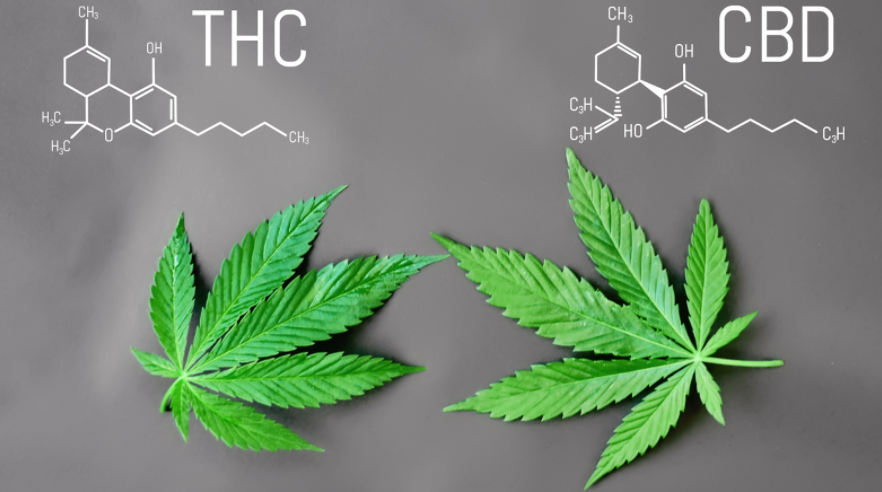CBD has been around for decades.
Since the 1940s to be exact, but what we know about it has greatly evolved alongside its uses. Previously it was used to treat severe health issues but in the last 20 years, its recreational use has exploded.

With this recent Boom though has come many misconceptions and questions regarding it.
Therefore in this piece, we are going to answer some of them and separate fact from fiction.
CBD is just another name for Cannabis
Let’s start with the elephant in the room.
It is more than just a fancy name for marijuana It can be extracted from the same hemp plant though which is where some of the confusion stems.
THC is the psychoactive part of the plant that causes the effects of feeling ‘high’ and people often assume you can’t have one without the other, but it is possible to separate them and utilise only the benefits of CBD without the side effects of THC.
So that means CBD is good and THC is bad?
Not necessarily, it’s a bit more complicated than that.
Despite its unique drawbacks and side effects, THC has several benefits as well, some of which overlap with CBD’s.
Also, there is the ‘entourage effect,’ which essentially states that the different ingredients stimulate each other to produce a greater effect.
Consequently, this means that to fully enjoy the effects of CBD and THC, you need both of them present which is why the different types of CBD exist;
- CBD isolate
- Broad-spectrum CBD
- Full-spectrum CBD
The last type contains more traces of THC to maximise the effects which is what some people prefer.
Are there legal retailers in the UK?
Yes.
In most countries including the UK, it is the THC amount that is expressly prohibited therefore CBD with small amounts or no THC is perfectly fine and legal.
In the UK specifically, CBD products must contain less than 0.2% THC and less than 1mg of THC per product.
Therefore companies can sell CBD products over the counter as long as it is isolate or broad-spectrum CBD. The traces of THC in full-spectrum are likely to make it illegal.
To ensure you are buying from a company that is abiding by this law, it is recommended you buy from a trusted and certified retailer such as Dr Watson CBD.
They have lab certificates and clearly explained information for all their products so you know what you’re buying and that it is from a legit company.
Visit here to see their qualifications and the information they provide on CBD to further answer any questions you may have.
Is it addictive?
No, it is not inherently addictive.
There is a lot of research that suggests it is not addictive in the slightest and there are no fatal effects to having excessive amounts.
It is actually recommended you take some CBD daily for the best effect but this depends on the dosage and type of product you get so check the accompanying dosage recommendations before taking.
Too much at once can still cause unpleasant side effects though such as nausea, diarrhoea, disorientation etc. which is why you should still follow the recommended dosage to avoid this.
I did say it is not inherently addictive and that’s true but if you have addictive tendencies, you should still try and limit how much you take so you don’t develop an overdependence.
Final Thoughts
These are some of the most pressing questions and false truths I have seen floating on the internet about CBD, so hopefully this has cleared some of this up.
Source: Dr Watson
This is by no means an extensive list though, it is good to know everything about what you put in your body so visit Dr Watson CBD to get all the information you need as well as browse their products to see what best suits your needs and taste.
Good luck!
Author bio: My name is Tobias. I am a student at Nottingham Trent University, studying for a Business Management & Marketing degree. She is work for Sendkoala. I want to develop my writing and social media skills outside of education as well as experience the corporate world.


